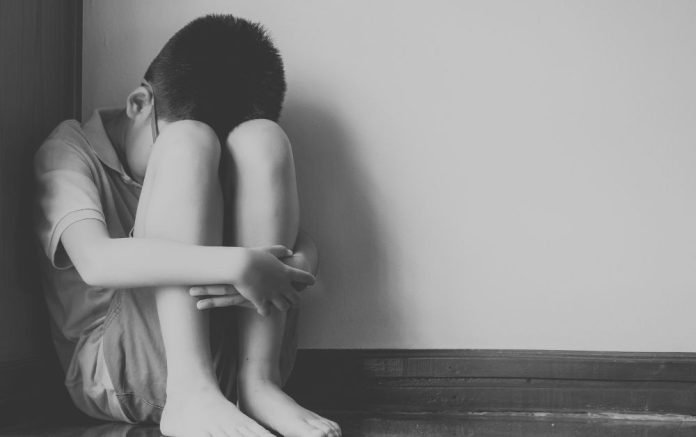Turkey’s Supreme Court of Appeals has overturned a 28-year prison sentence for a man convicted of sexually abusing an 11-year-old boy in the religious group–affiliated dormitory where he worked, citing his “good conduct during the trial,” the BirGün daily reported.
Two years ago religious instructor İbrahim Sığın, who worked at a boy’s dormitory in Istanbul, allegedly abused one of the students. The child reported the incident to his family, upon which a criminal complaint was filed. The teacher was arrested, stood trial and was sentenced to 28 years in prison by the Istanbul 22nd High Criminal Court.
The sentence was recently overturned by the Supreme Court of Appeals on the grounds of good conduct and the lack of a criminal record, and a retrial was ordered.
Sena Topuz, a lawyer and member of the Association of Women and Children First, said the retrial would start on June 19, but she feared the defendant could benefit from a reduced sentence.
“Under Article 61 of the Turkish Penal Code, sentencing must take into account criteria such as the manner of committing the crime, the time and place, the importance and value of the subject matter, and the severity of the harm or danger caused,” she said. “In this case the crime took place in a dormitory for school-age children and was committed in an aggravated and repeated manner by a caretaker. The defendant, who stayed in the dorm at night, used this opportunity to commit the crime. The victim was 11 years old. Even if the appeals court’s ruling considered the defendant’s behavior during the trial and clean record as grounds for not imposing the maximum sentence, given the severe societal danger caused by this act, the defendant should be sentenced to the maximum penalty without any reduction. Despite the appeals court’s decision, we will request that the court again impose the maximum sentence. Our fight for deterrent punishments in child abuse cases will continue.”
Religious boarding schools and dormitories in Turkey are places where students, often young boys, live while receiving a religious education, primarily focused on learning the Quran and Islamic teachings. The courses are typically run by religious organizations, including the Directorate of Religious Affairs and sometimes private groups, and provide both accommodation and education for students, often from a young age.
The education often includes Quran memorization and learning the basics of Islam and religious practices, with supervision by teachers or religious instructors.
The safety of children’s boarding schools and dorms in Turkey has been a long-standing concern as there have been several allegations of sexual abuse and mistreatment.
Seventeen underage boys, between the ages of 10 and 13, staying at a religious boarding school run by the Directorate of Religious Affairs accused their teacher of sexual abuse in April.
In 2019 three teachers were arrested on abuse charges at a private boarding school in Istanbul.
One of the most notorious cases involved the sexual abuse in 2016 of 45 boys at a boarding school in Central Anatolia run by the Ensar Foundation, which is known for its closeness to the government.
Then-minister of family and social affairs Sema Ramazanoğlu sparked public outrage by downplaying the incident, saying it was “a one-time event that had no significance.”
In many other cases, adults who attended similar institutions as children have come forward with accounts of beatings, verbal abuse and sexual assault.
Lawyers say many of these boarding schools and dormitories operate without a license, but weak government oversight allows them to remain open. Lawyer Tuba Torun said these institutions were previously overseen by the Ministry of Education but were placed under the authority of the Directorate of Religious Affairs through a regulation introduced by the ruling Justice and Development Party (AKP) in 2012. The same regulation, she added, also removed a clause from the Turkish Penal Code that had imposed prison sentences of six months to three years on people who opened unlicensed religious education centers or knowingly taught at them.















